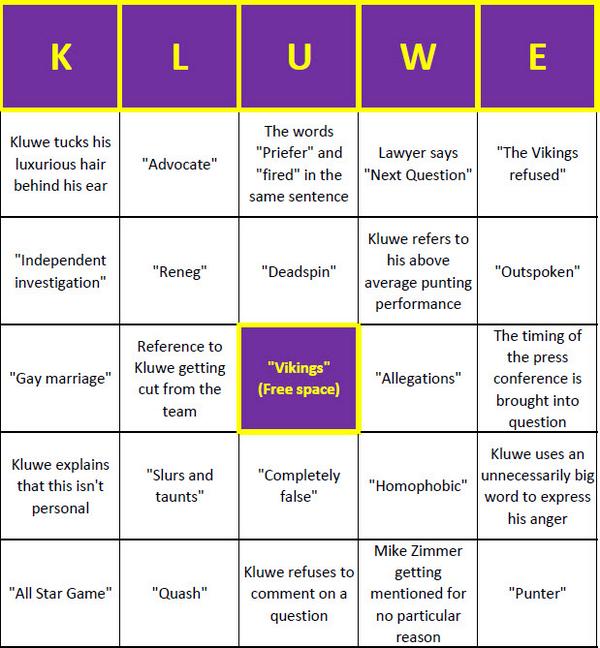In the Winnipeg Free Press, Allan Levine reminds us that not only is Canada’s 150th birthday coming up in 2017, but that the meetings that led to Confederation were being held 150 years ago and much of the success was due to a “forgotten father of Confederation”:
BOLSTERED by generous federal funding, the 150th anniversary of Confederation will be celebrated on July 1, 2017 with the great hoopla the birth of this country deserves.
Yet the hard work, political compromises, backroom negotiations and constitutional debates that made Confederation — a more remarkable development than we appreciate today — possible occurred during a five-month period from June to October in 1864.
In short, Canada’s true sesquicentennial is happening right now.
The two most notable events of 1864 were conferences in Charlottetown, in early September, followed by a more extensive one held in Quebec City for much of October. At the gathering in Charlottetown, delegates from the Province of Canada — divided into two regions, Canada West (Ontario) and Canada East (Quebec) — led by John A. Macdonald and George-Étienne Cartier, respectively, convinced politicians from the Maritimes a federation of all of British North America made sense. The fundamentals of this new constitutional entity were then hammered out in Quebec City, producing a comprehensive plan for a new country outlined in the 72 Resolutions, which became the basis for the British North America Act proclaimed on July 1, 1867.
Apart from Macdonald and Cartier, the other key political personality in Charlottetown and Quebec City involved in making Confederation a reality was George Brown, the publisher of the Toronto Globe. Born in Scotland, Brown had arrived in Toronto via New York City at the age of 24 in 1843 and a year later established the Globe. A large man, he was over six feet tall and powerfully built. Brown was hard and dogmatic, but also an energetic and passionate man with strong convictions about free speech, civil liberties and the separation of church and state.
Brown became a leader of the Reform movement in Canada West and rallied around him left-leaning Reformers in Toronto and western farmers he dubbed “Clear Grits” (this faction only wanted men of true grit). He was eventually elected to the Province of Canada assembly in 1851, the beginning of a journey that would culminate with his role as a leading Father of Confederation and a founder of the Liberal party.
Update, 15 July. Richard Anderson has more on George Brown, and neatly explains why of all the Fathers of Confederation, only Sir John A. sticks in anyone’s memory. Poor George founded the Liberal party, but wouldn’t recognize the party in its modern incarnation.
George Brown certainly founded the Liberal Party, The Globe and Canada as a viable nation state. The Liberal Party, however, would prefer if you not remember all that stuff. Like an unpleasant uncle whose Thanksgiving Day antics you have suppressed from conscious memory, Brown is an embarrassment to modern Grits. To understand that you only have to give glancing attention to the man himself.
Brown of the Globe was a classical liberal, or to put it another way he was real liberal, one who understood very well the root meaning of the word: Liberty. He denounced crony capitalism (see the Grand Trunk Railway), fought for the separation of church and state (see his attacks upon ultramonte Catholicism) and advocated for free trade. This fierce tempered, no-nonsense Scots-Presbyterian would have made mince-meat out of Pierre Trudeau and his dimwitted spawn. When the Liberal Party of Canada stopped believing in liberty they had no use for Canadian classical liberalism’s greatest exponent.
George Brown is more than forgotten, he is an orphan in our statist politics. We are much the poorer for it.



 The long-running investigation into whether Vikings special teams coach Mike Priefer made homophobic comments to former punter Chris Kluwe may come to some form of resolution today (but that’s not likely), as the Minnesota Vikings have received the report from the investigators. What’s not clear is the next step, as Chris Kluwe and his attorney are holding a press conference a bit later this morning to complain that the Vikings are not releasing the report as they had agreed (or, at least, have not shared the report with Kluwe). Until the team makes some sort of official announcement, we’re watching Chris Kluwe drive the media agenda.
The long-running investigation into whether Vikings special teams coach Mike Priefer made homophobic comments to former punter Chris Kluwe may come to some form of resolution today (but that’s not likely), as the Minnesota Vikings have received the report from the investigators. What’s not clear is the next step, as Chris Kluwe and his attorney are holding a press conference a bit later this morning to complain that the Vikings are not releasing the report as they had agreed (or, at least, have not shared the report with Kluwe). Until the team makes some sort of official announcement, we’re watching Chris Kluwe drive the media agenda. 


